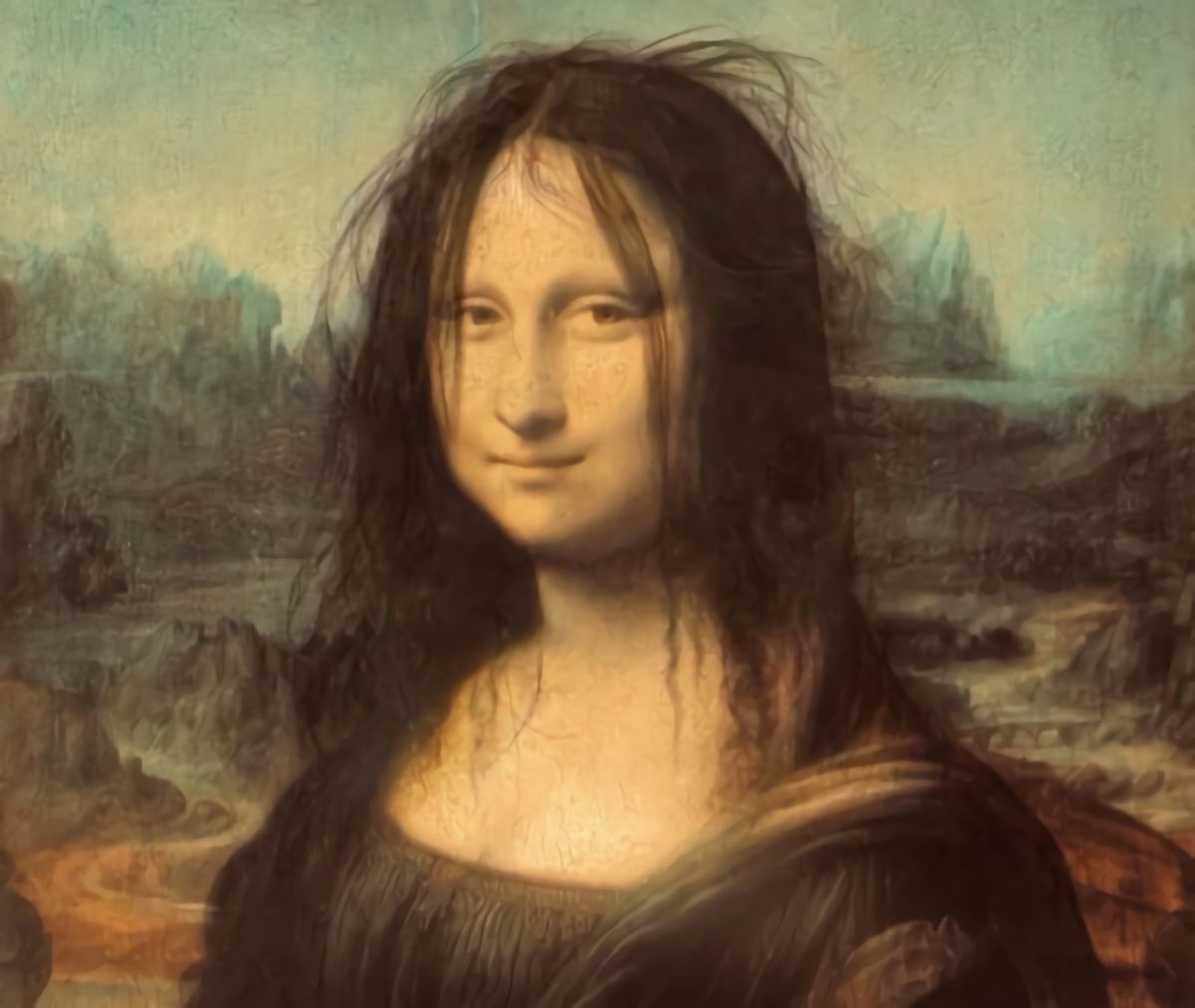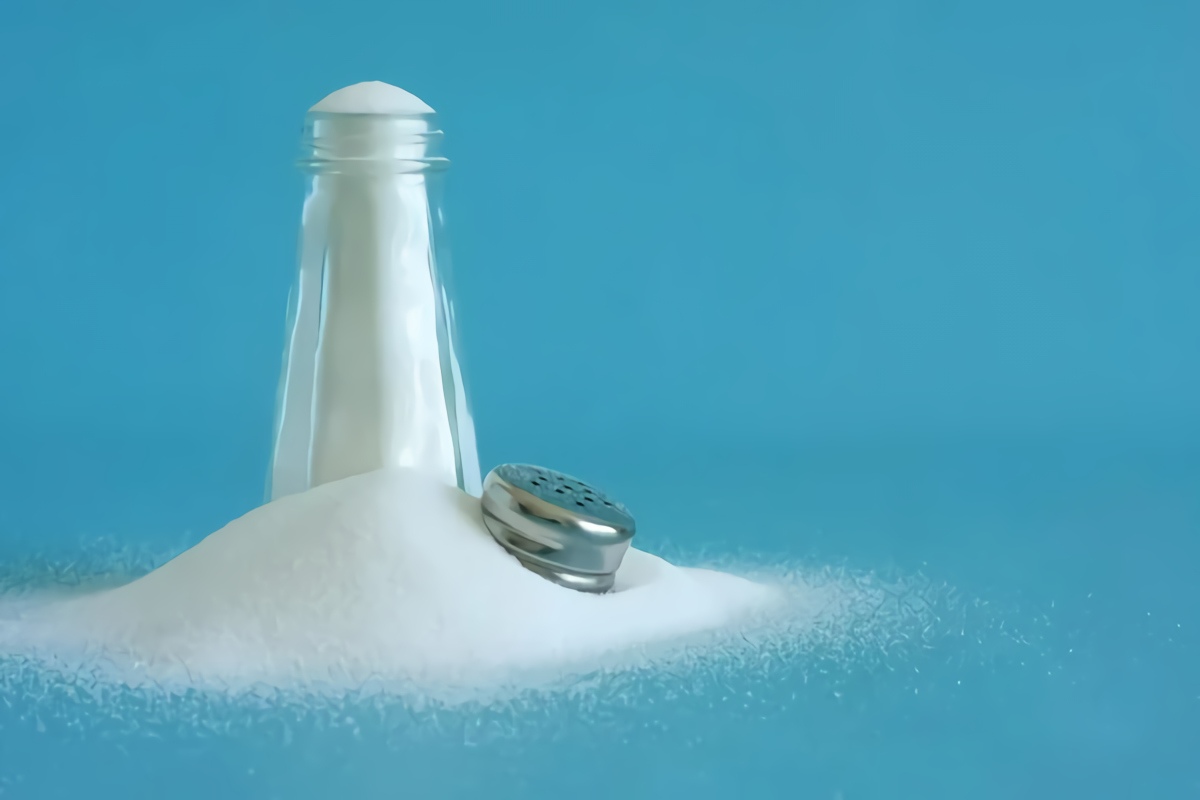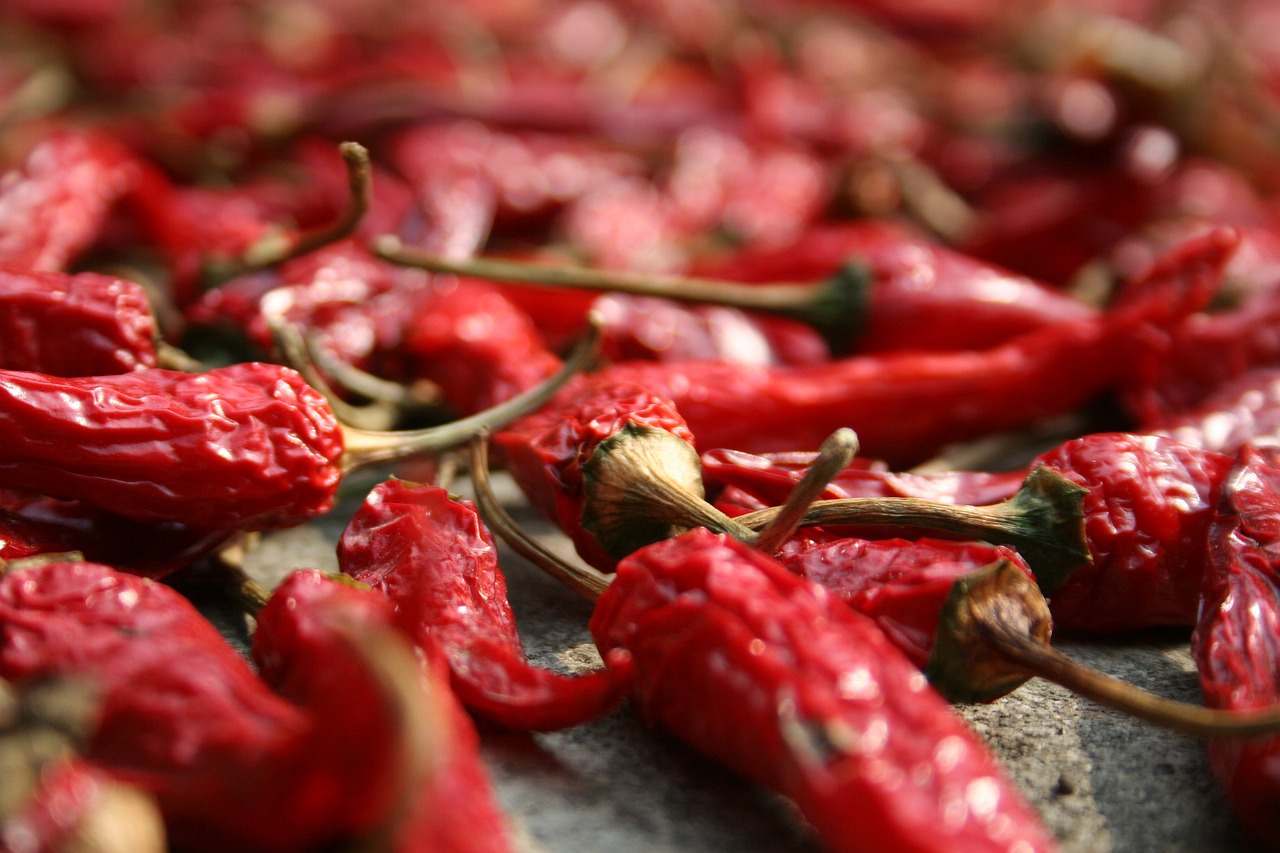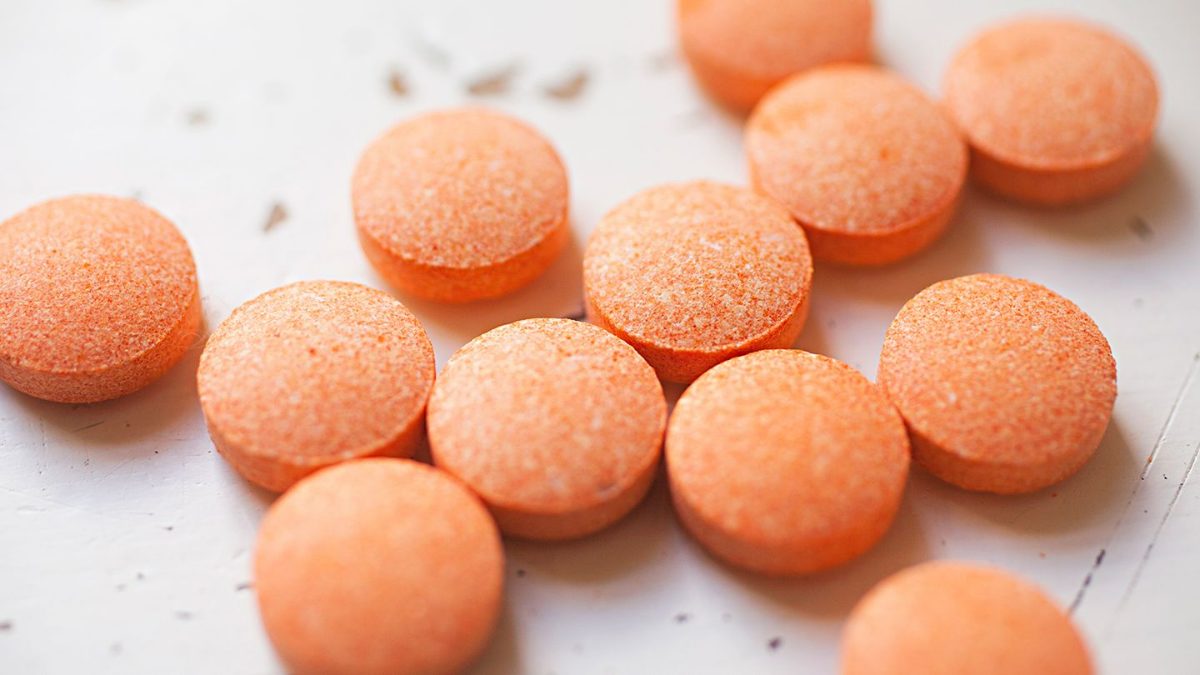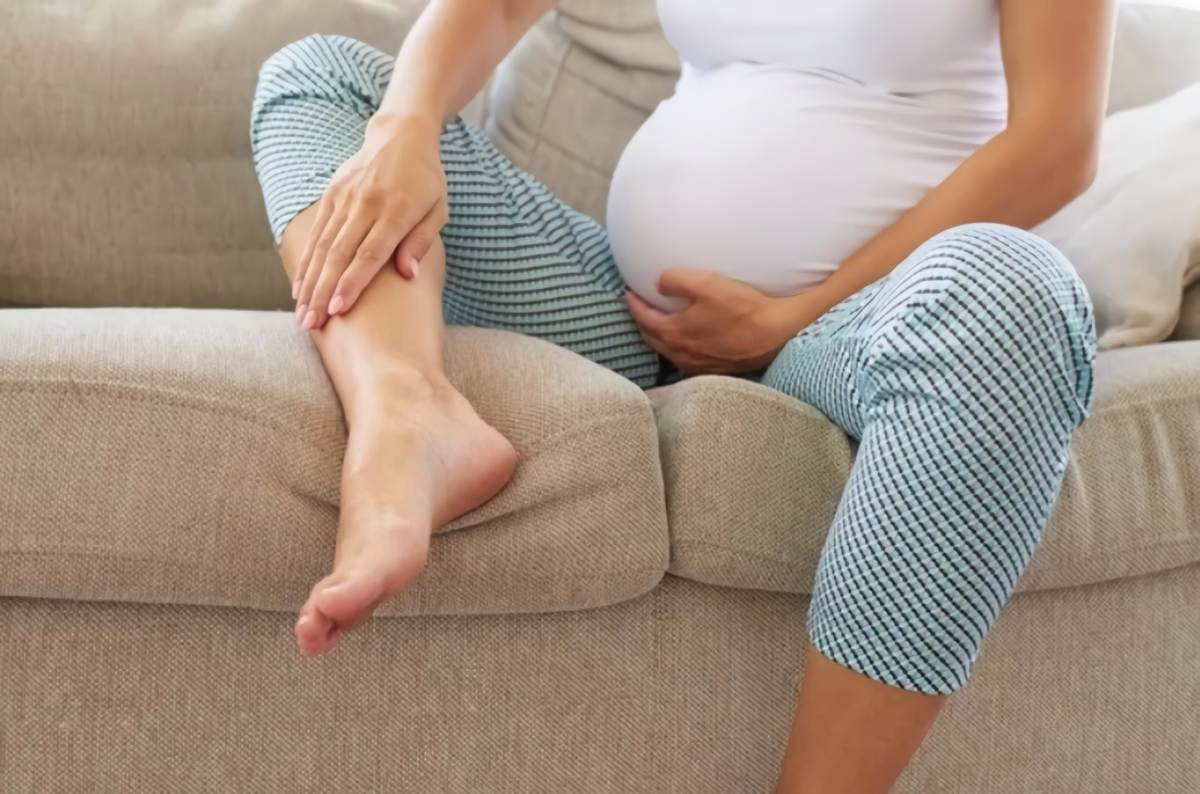It’s like a jinx on those days when no amount of blow-drying, gel, or styling can make your hair stay put. It either droops down or stands on end as if electrified. These days, a lack of style doesn’t simply leave your hair looking unkempt; it may also have a psychological impact on you. Strange as it may seem, “bad hair days” really do only last a single day. As usual, by the next morning, everything is in its right place again. But what is the reason for “bad hair days”? Can you blame the weather? Do hormones have a role here? Or is it just imagination after all?
This phenomenon is indeed real. There are days when your hair is oilier or more resistant than normal. And for many people, it is a real hindrance when the hairstyle just won’t sit.
The sebaceous glands are affected by hormonal shifts
So, what causes these “bad hair days”? Hormone fluctuations are a probable explanation. Sebum production on the scalp and, by extension, hair oiliness, is altered as a result of this fluctuation. The hormonal shifts associated with menstruation play a part in this phenomenon in females. In the third week of the period, for instance, the hair may get oilier than normal.
The weather also influences the fit of our hairstyle. The hairs are more prone to being electrically charged in dry air, such as that seen in warm areas during the winter. They crackle when combed and stick flat to the scalp. A similar charge can be generated by friction on the pillowcase. Using silk bedsheets can prevent this. Silk is easier on the hair since it causes less friction.
Humidity in the air is another factor that may make a hairdo seem unflattering. Humidity is especially bad for people with curly hair because it makes the small flakes along the hair spread. This results in unmanageably wild hair that is impossible to comb through.
Afflicted hair responds more sensitively
The question is why some individuals appear to have more terrible hair days than others. Hair quality is often cited as a contributing factor to this. The most vulnerable individuals are those who already have hair that is difficult to comb due to an afflicted surface. This is especially true for those with longer hair.
Simply put, the protective coating at the ends of these hairs has been stripped away. Thus, they are more sensitive to changes in climate and other aspects of the environment. But it’s not true that only women ever have a bad hair day. Trichologists believe that a bad hair day happens to both men and women.
Men tend to be more antisocial, and women are more prejudiced
Yale University psychologist Marianne LaFrance has investigated the psychological effects of having a bad hair day on both sexes. Strangely enough, bad hair days are experienced by both sexes. But she claims that the response is different. When their hair looks bad, women tend to feel inferior, ashamed, and humiliated. Men are often more reserved, lack self-assurance, and exhibit greater anxiety than women.
When having a terrible hair day, people of both sexes are far more critical of their own talents than they are of those of others. It turns out that something as seemingly inconsequential as a bad hair day may have a profound effect on your sense of self-worth.
On a day when your hair doesn’t cooperate, it’s crucial that you not let that fact stress you out. Forceful attempts to shape the hair are futile and will only damage it. It’s more practical to braid it, conceal it, or try another style.


